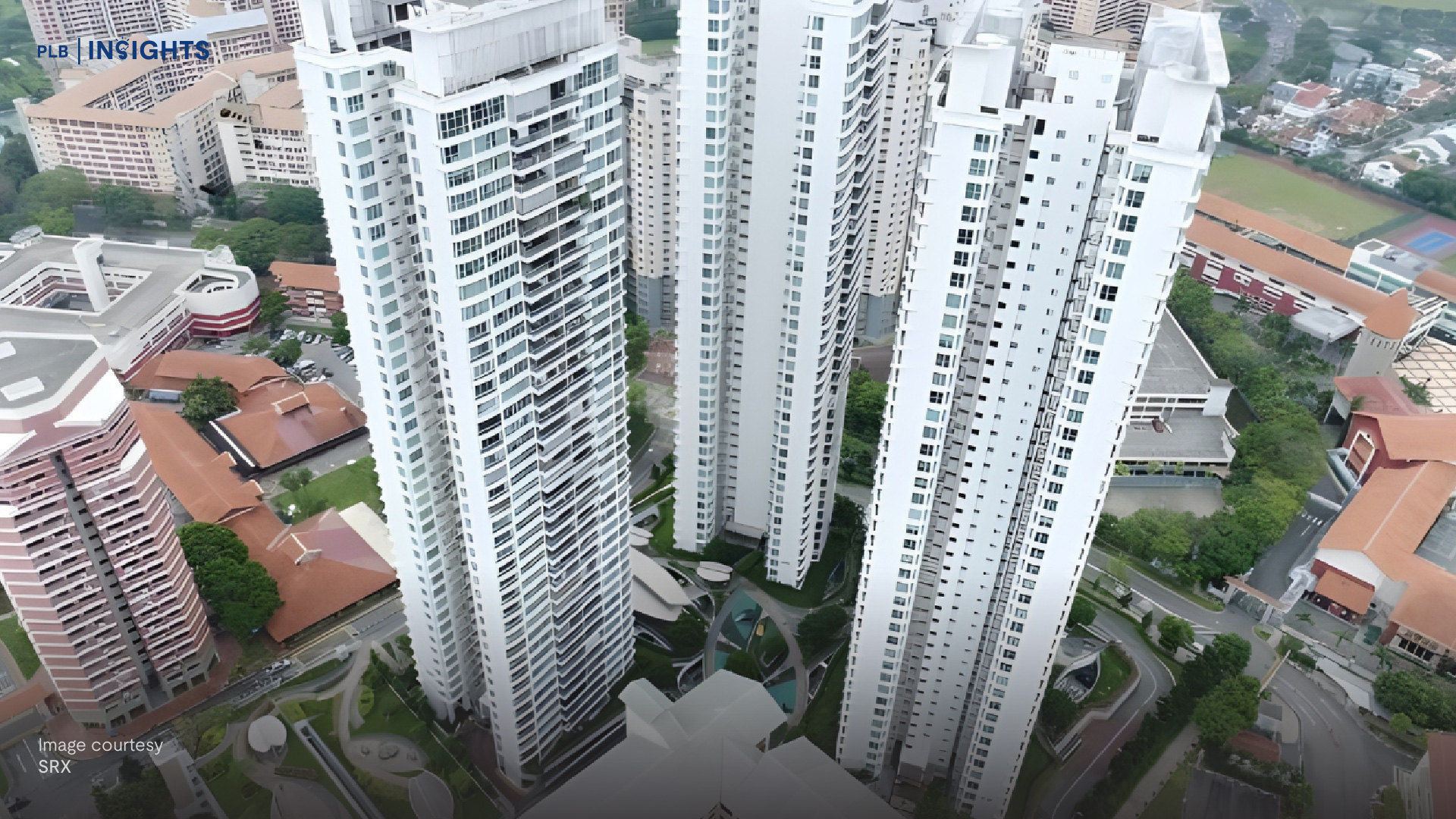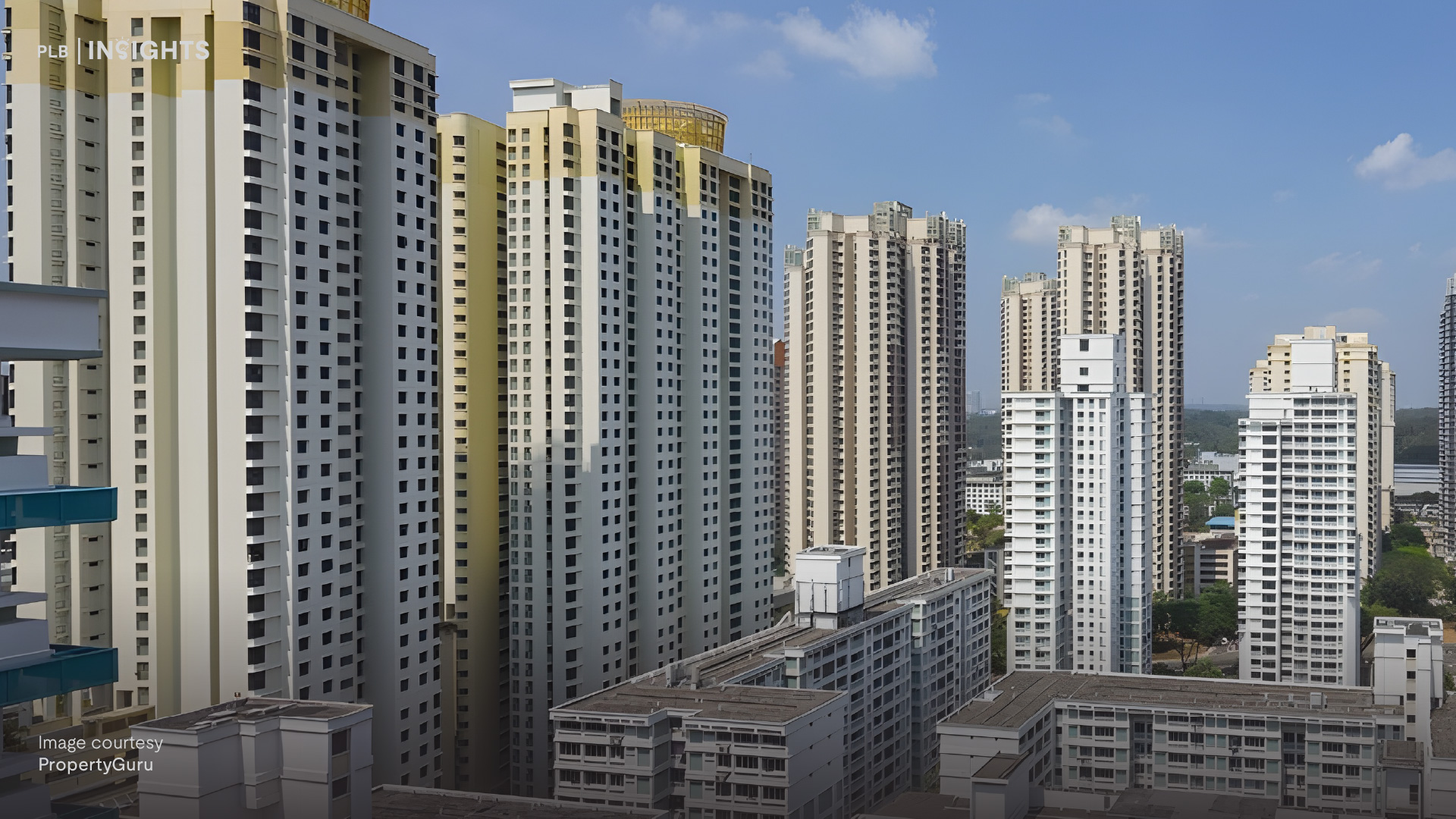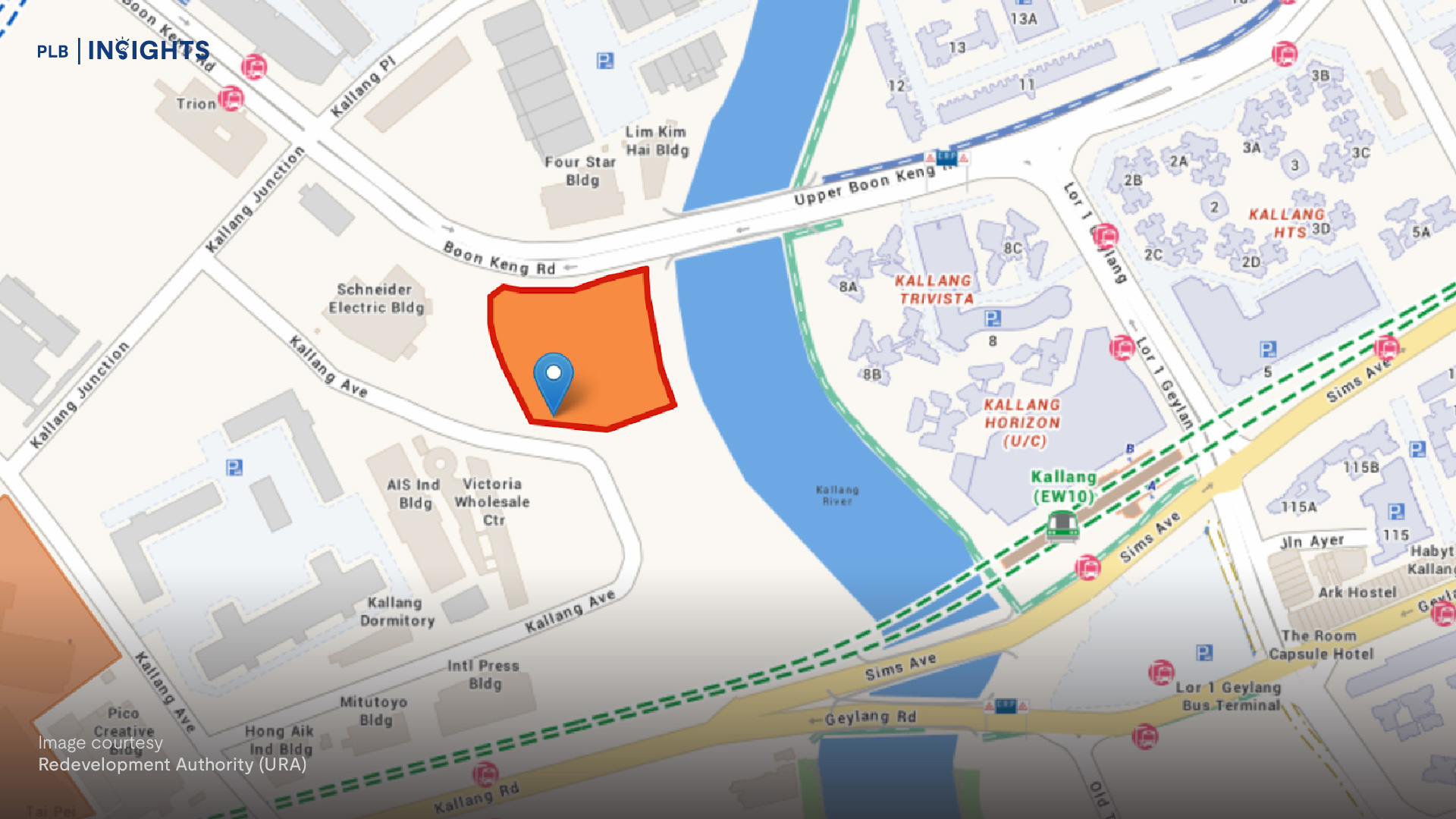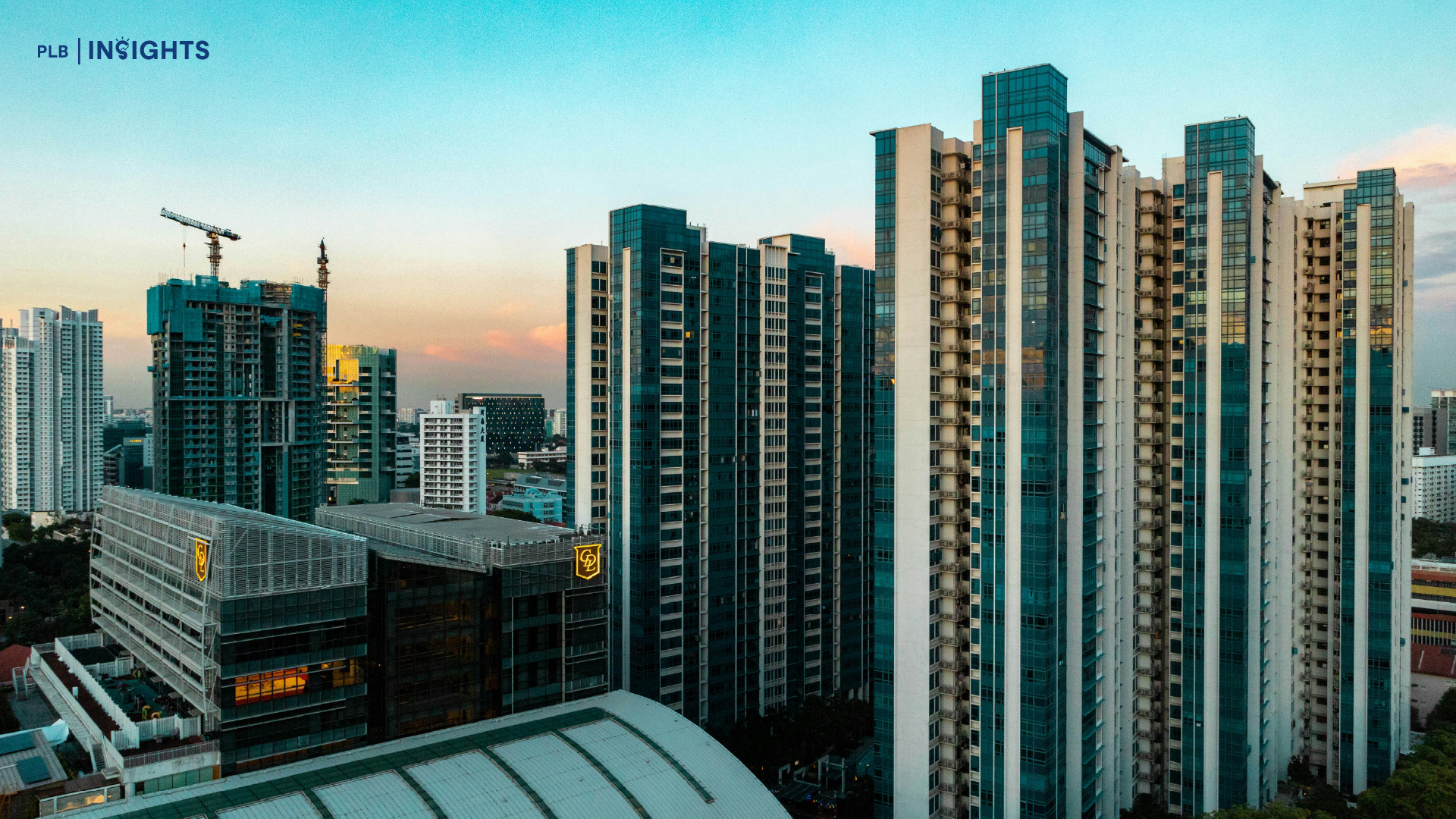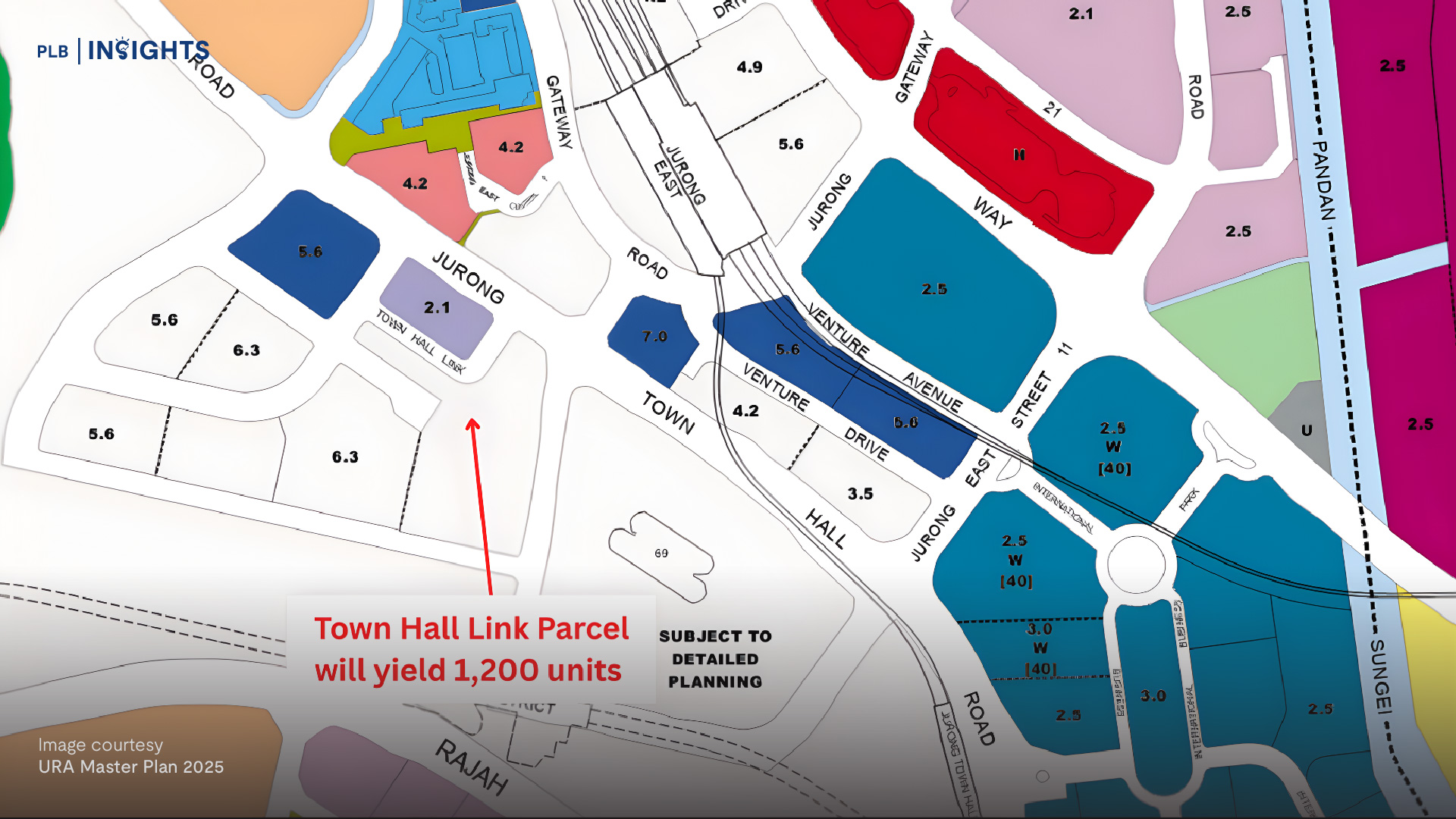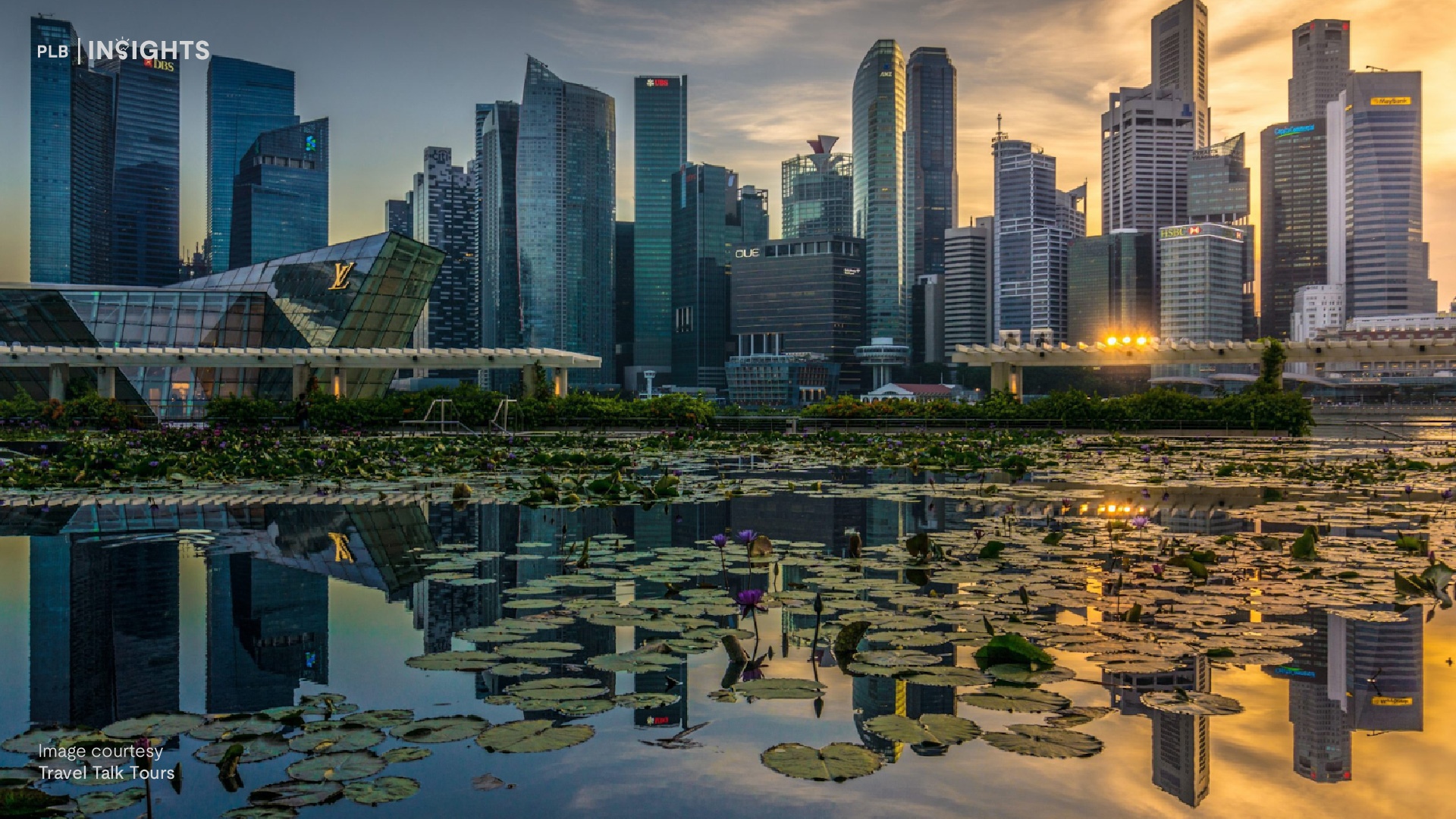
Not long ago, discerning HDB buyers, whether considering resale flats or Built-To-Order (BTO) units, found themselves debating between taking a HDB loan or a bank loan. The excitement stemmed from bank loan interest rates hovering at an attractive 1.5-1.8% per annum (p.a.) compared to the HDB loan rate of 2.6% p.a. in 2022. Fast forward to 2024, and global interest rates have risen, pushing bank loan rates above the HDB loan rate, which remains steady at 2.6% p.a., pegged just 0.10% above the current CPF Ordinary Account (OA) rate of 2.5%. With global uncertainties still at play, the big question now is whether bank loan rates will ever return to the more favourable levels seen in 2022.
This article explores the current interest rates for HDB and bank home loans to help you make an informed decision on which option might be the wiser choice for your real estate journey.
With the latest cooling measures reducing the Loan-to-Value (LTV) ratio for HDB loans from 80% to 75%, following Prime Minister Lawrence Wong’s National Day Rally speech on 18 August 2024, it’s more important than ever to carefully assess your financial situation and plan thoroughly before making your decision.
Bank Loans
When it comes to bank home loans, discerning buyers have a choice between Fixed and Floating rates. Fixed rates offer stability, while Floating rates can fluctuate based on market conditions. The main types of Floating rates available include the Board Rate, 3M SORA, 1M SORA, and FHR6 (DBS). Each type offers different benefits and risks, depending on how often the rate is adjusted and the reference rate used. Here’s a breakdown of these options to help you decide which suits your needs best.
It’s important to note that for bank loans, with the LTV at 75%, 5% of the remaining 25% must be paid in cash, while the other 20% can be covered with either cash or CPF OA. This 5% cash outlay can be substantial, especially for young couples just starting their careers.
Fixed Rate: The interest rate is fixed for a certain period, usually 1-5 years. Your monthly payment stays the same during this time, giving you stability, but after the fixed period, the rate usually switches to a floating rate.
Board Rate: This is a rate set by the bank, which can change at the bank’s discretion. It’s not tied to any external benchmark, so the bank can adjust it based on its costs and economic conditions.
3M SORA: SORA stands for Singapore Overnight Rate Average. The 3M SORA rate is an average of SORA over 3 months. It’s a transparent and market-driven rate, so your loan interest may change every 3 months based on this rate.
FHR6 (DBS): FHR stands for Fixed Deposit Home Rate. DBS bank uses the 6-month fixed deposit rate as a reference. Your home loan rate is tied to this, so it changes whenever DBS changes its 6-month fixed deposit rate.
1M SORA: Similar to the 3M SORA, but it reflects the average SORA rate over 1 month. This means the interest on your loan can be adjusted monthly.


HDB Loans
HDB loans currently offer the most competitive interest rate at 2.6% per annum, making them the most affordable option for financing HDB flats. However, these loans come with specific eligibility criteria. At least one applicant must be a Singapore citizen, with income ceilings set at $14,000 per month for families, $21,000 for extended families, and $7,000 for singles. Additionally, applicants must not have previously taken two or more HDB loans. Applicants of the HDB loan must also not own any other properties either locally or overseas. These conditions ensure that HDB loans are reserved for those who truly need them.


Scenario Breakdown: HDB vs Bank Loan
For our case study, we’ll compare two scenarios: a couple financing their first home with either an HDB loan or a bank loan. We’ll assume they are first-time buyers purchasing a HDB flat, taking into account the latest Loan-to-Value (LTV) ratio for HDB flats and the recent increase in housing grants, as announced in the latest cooling measures. For the bank loan, we’ll start with a fixed rate of 2.6% p.a. for the first 3 years. In the fourth year, this will switch to a 3M SORA rate of 4.15% p.a., and from the fifth year onwards, it will increase to 4.6% p.a., continuing until the end of the 25-year term.




If you are purchasing an HDB flat as your first home, the HDB loan is the more prudent choice at present, provided all eligibility criteria are met. It offers consistent monthly payments and a lower total interest cost over the loan term, making it a safer option for those seeking financial stability. The bank loan, while offering initial stability, ultimately results in higher interest payments, especially as rates rise in the later years. The potential for increasing costs makes the bank loan a less attractive option for first-time homebuyers looking for long-term affordability and predictability.
Having said that, you would have the option to refinance your home loan once the lock-in period ends. Currently, major banks in Singapore offer attractive refinancing packages, typically with a fixed rate for the first few years that later converts to a floating rate. Some banks also offer perks, such as partial payment of your loan instalments during the lock-in period or providing a mortgage interest offset, where a portion of your deposit earns the same rate as your mortgage, helping to reduce your interest costs.
For example, if your interest rate rises to 4.15% p.a. in Year 4, you could refinance to one at a rate of 3.15% p.a. with a two-year lock-in period, before it converts to a floating rate thereafter. This new rate, combined with the mortgage interest offset feature, could result in significant savings over time.
Here’s a side by side comparison of HDB and bank loans.

In Summary
Both HDB and bank loans have their own set of advantages and drawbacks. For first-time buyers focused on long-term financial stability, the HDB loan, with its predictable repayments, is often the better choice. Currently, HDB loan interest rates are lower, providing an added incentive for those looking for affordability. However, it remains to be seen if bank loan interest rates will drastically decrease to the favourable levels of 2022.
Given the current global economic landscape, a significant drop in rates seems unlikely in the near future, making the stability of the HDB loan even more attractive for those seeking consistency in their mortgage commitments. Ultimately, your decision should reflect your financial situation, eligibility, and comfort with the potential risks associated with fluctuating interest rates.
Need help with financial planning for your real estate journey? Reach out to us today. Our expert consultants are here to guide you every step of the way, ensuring you make the best choice for your future.

